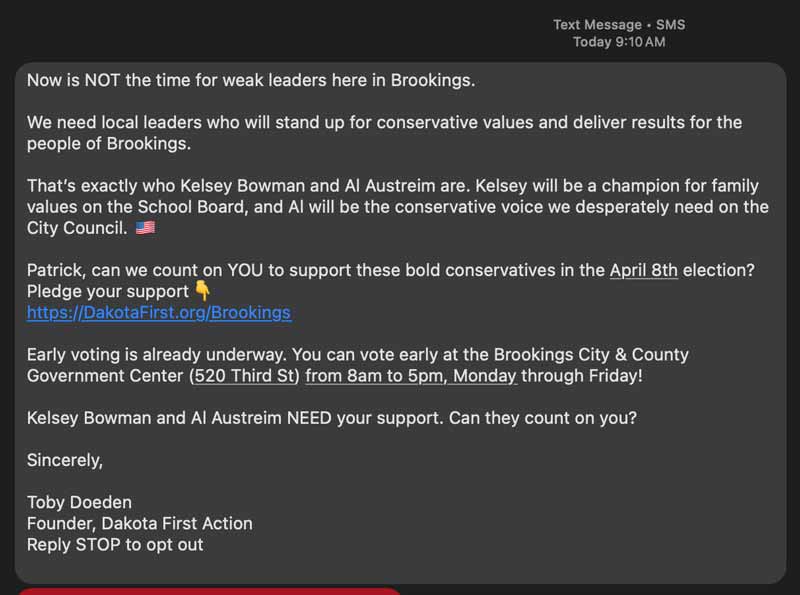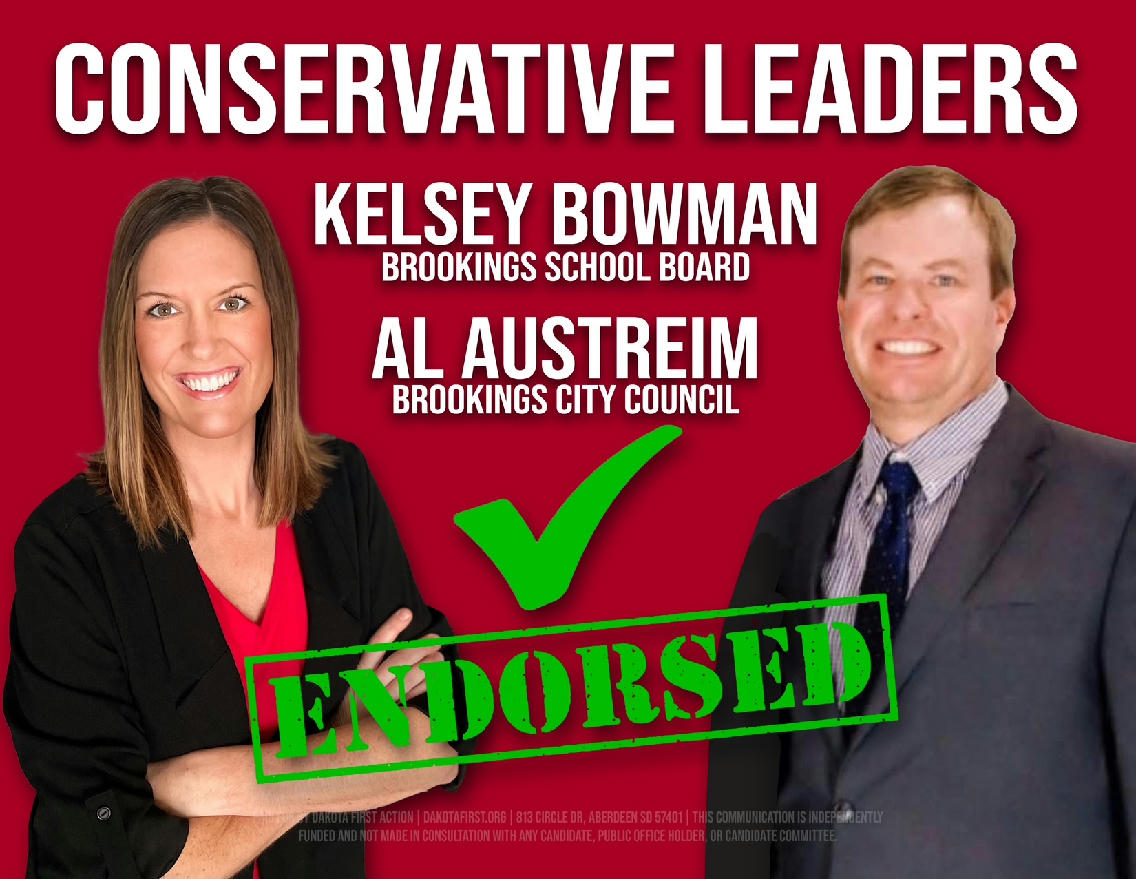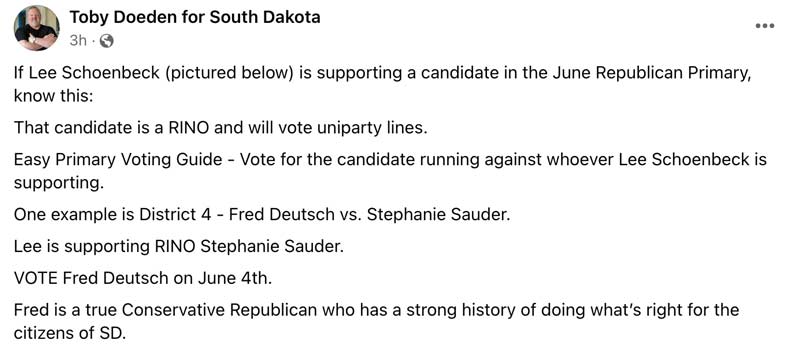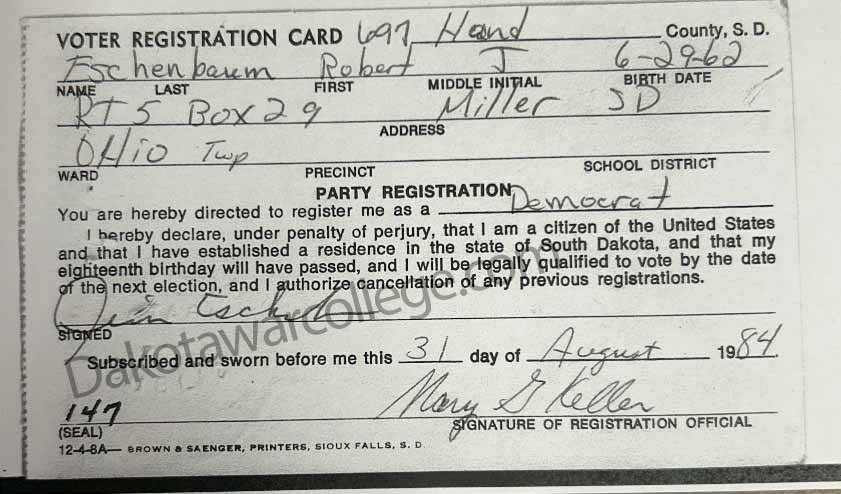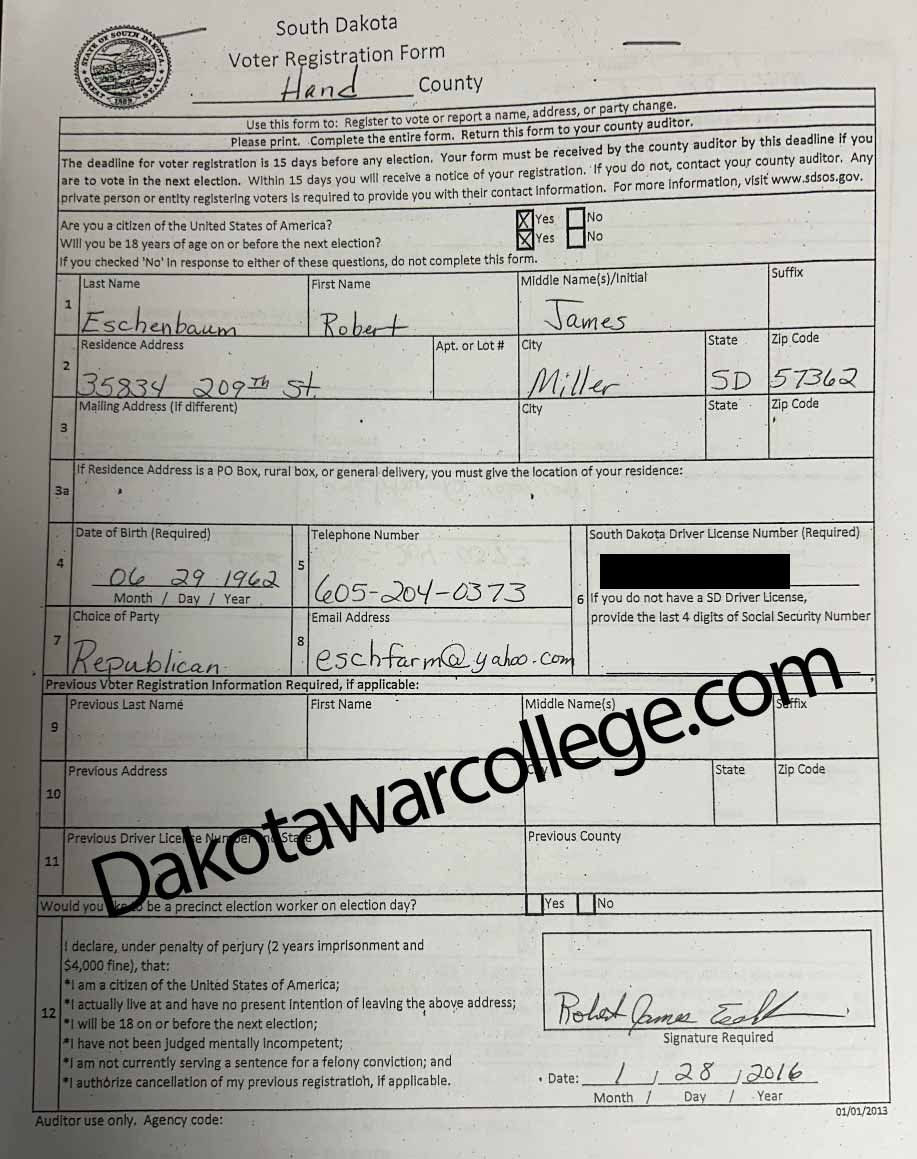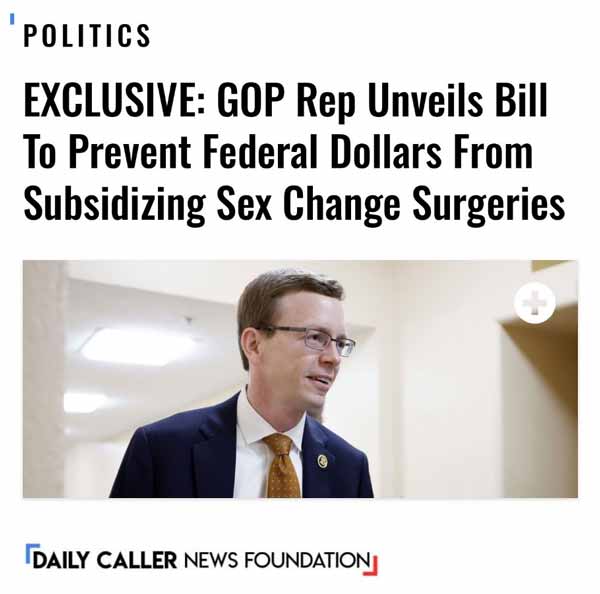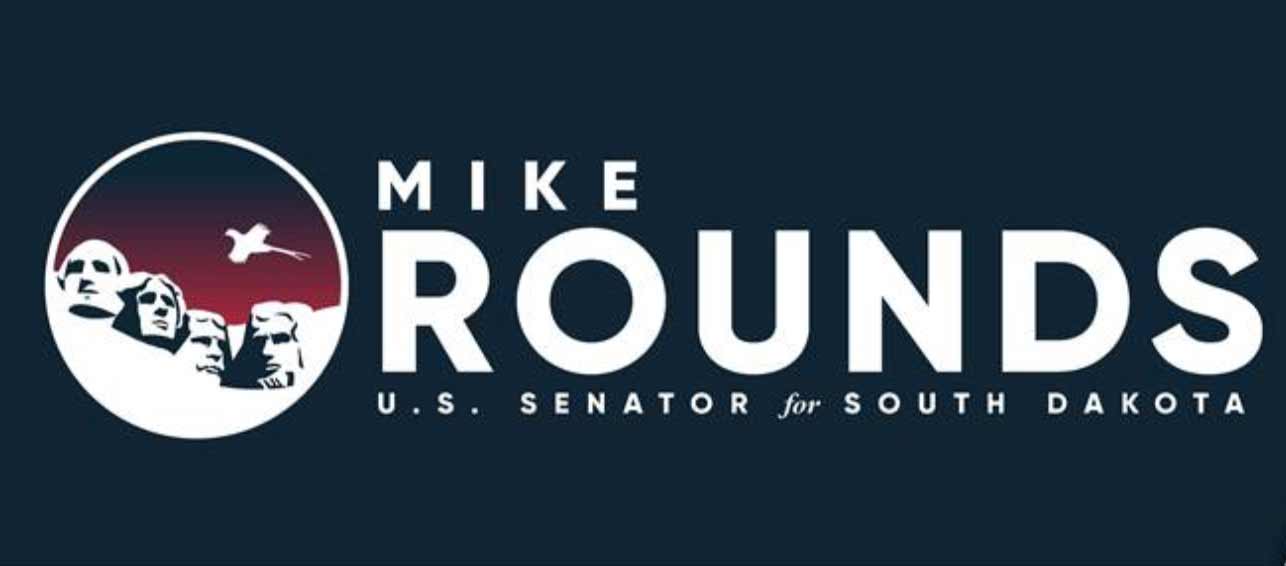
Rounds Requests Creation of Commission Addressing Violent Crimes on Reservations
WASHINGTON – U.S. Senator Mike Rounds (R-S.D.) sent a letter to Attorney General Pam Bondi and Secretary of the Interior Doug Burgum requesting the creation of a “Violent Crime Reduction Commission” to address violent crime on reservations.
During Rounds’ meetings with tribal leaders over the last few months, several tribes expressed an interest in creating this commission focused on crime. This proposed body would be made up of officials from the Department of Justice, the Department of the Interior and leaders from tribal areas under federal criminal jurisdiction. Tribal leaders in support of the proposal have indicated only a multi-jurisdictional effort, like a commission, will effectively combat serious violent crime issues.
“Great Plains reservation communities are continuing to deal with a public safety crisis,” wrote Rounds. “With some tribes experiencing violent crime rates five times higher than the national average, it is clear that traditional law enforcement approaches alone are ineffective and officials will need to develop alternative solutions. Due to President Trump’s dedication to fighting violent crime, I believe it is the right time for the federal government to reevaluate and strengthen tribal public safety programs.”
BACKGROUND:
Rounds has been a leader on addressing the public safety crisis on reservations in South Dakota.
– In June 2023, Rounds sent a letter to then-Interior Secretary Deb Haaland asking her to direct the Bureau of Indian Affairs (BIA) to provide additional support to tribal law enforcement agencies in South Dakota to help combat the spike of violent crime on reservations.
– In December 2023, Rounds sent a letter to Haaland urging the Department of Interior to immediately address the public safety crisis and lack of law enforcement resources on reservations in South Dakota.
– In March 2024, Rounds requested information from the Government Accountability Office on tribal law enforcement funding and its correlation, if any, with surges in crime on reservations.
– In May 2024, Rounds requested funding for tribal law enforcement programs in the FY2025 Appropriations bill.
– In August 2024, Rounds hosted then-Attorney General Merrick Garland in South Dakota for a meeting with leaders from all nine tribes in South Dakota.
– In August 2024, Rounds pressed Haaland to modernize the funding formula for tribal law enforcement.
– In October 2024, following Garland’s meetings in South Dakota, the Department of Justice issued a number of proposals requested by tribal leaders in South Dakota, including changes to the funding mechanisms that the federal government uses to support public safety programs.
– In January 2025, Rounds called on Garland and Haaland to address the public safety crisis on the Pine Ridge Indian Reservation in South Dakota.
Read the full text of the letter HERE or below.
+++
Dear Attorney General Bondi and Secretary Burgum,
Great Plains reservation communities are continuing to deal with a public safety crisis. With some tribes experiencing violent crime rates five times higher than the national average, it is clear that traditional law enforcement approaches alone are ineffective and officials will need to develop alternative solutions. Several tribal leaders have proposed establishing a cross jurisdictional commission to directly address violent crime. As tribal nations continue to deal with threats to public safety, I respectfully request the Department of Justice (DOJ) to prioritize and support this initiative.
As you are aware, an influx of narcotics trafficking has put a real strain on tribal law enforcement agencies. This problem presents not only a serious public health challenge, but it also directly contributes to violence in reservation communities. According to federal statistics, Great Plains reservations have disproportionally high rates of violent crime. In recent years, some tribal law enforcement agencies have received over 100,000 calls for assistance. Tribal leaders have indicated that despite their efforts, violent crime rates remain alarmingly high.
Tribal officer shortages have directly contributed to the current public safety crisis. Currently, several Great Plains law enforcement agencies are severely understaffed. Consequently, some tribal departments only have as few as two or three officers working each shift. This is especially concerning given that some Great Plains reservations span over one million acres. Insufficient training and hiring practices at the federal level have only exacerbated the current problem, making it clear that a joint effort between federal and tribal law enforcement is necessary to address the tribal officer shortage.
The U.S. trust and treaty responsibility requires both the DOJ and the Department of the Interior (DOI) to share criminal jurisdiction with tribal law enforcement. With this responsibility in mind, it is my hope DOJ and DOI will collaborate with tribes under federal jurisdiction to establish a “Violent Crime Reduction Commission.”
Tribal leaders have expressed support for using a commission to directly deploy resources to tribal agencies in need. This may involve working directly with tribal leaders under federal jurisdiction to improve the current methods for disbursing key resources, including competitive grant funding. As you know, extensive tribal consultation must be a key component of any effort to improve public safety.
Due to President Trump’s dedication to fighting violent crime, I believe it is the right time for the federal government to reevaluate and strengthen tribal public safety programs. I look forward to working with both of you on this issue.
###


